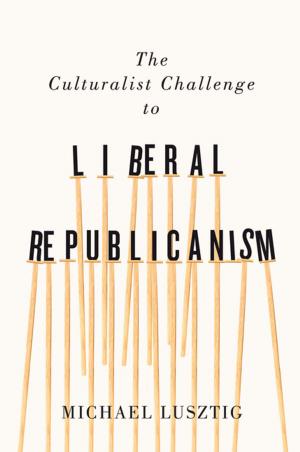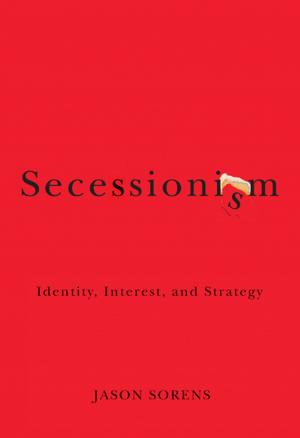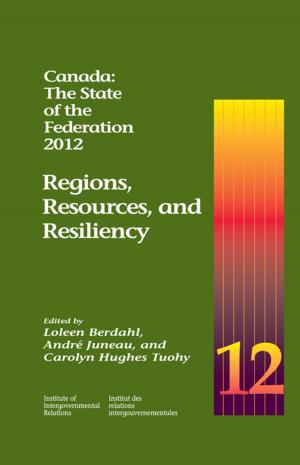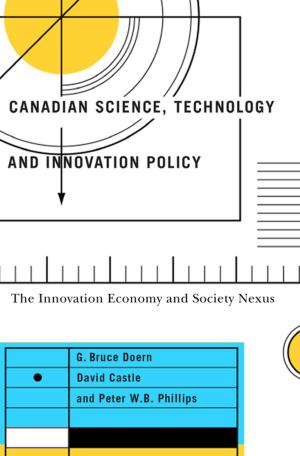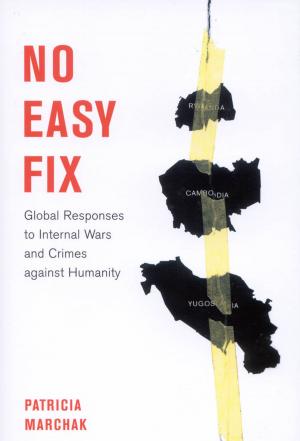Organized Chaos
Reimagining the Internet
Nonfiction, Social & Cultural Studies, Political Science, Politics| Author: | ISBN: | 9781928096054 | |
| Publisher: | MQUP | Publication: | October 17, 2016 |
| Imprint: | CIGI | Language: | English |
| Author: | |
| ISBN: | 9781928096054 |
| Publisher: | MQUP |
| Publication: | October 17, 2016 |
| Imprint: | CIGI |
| Language: | English |
The Internet is constantly evolving, and has economic, political and social importance as a public good. A coherent strategy for Internet governance is needed to ensure that difficult tradeoffs between competing interests, as well as between distinct public values, are managed in a consistent, transparent and accountable manner that accurately reflects public priorities. In Organized Chaos: Reimagining the Internet, edited by Mark Raymond and Gordon Smith, leading experts address a range of pressing challenges, including cyber security issues and civil society hacktivism by groups such as Anonymous, and consider the international political implications of some of the most likely Internet governance scenarios in the 2015–2020 time frame. Together, the chapters in this volume provide a clear sense of the critical problems facing efforts to update and redefine Internet governance, the appropriate modalities for doing so, and the costs and benefits associated with the most plausible outcomes. This foundation provides the basis for the development of the research-based, high-level strategic vision required to successfully navigate a complex, shifting and uncertain governance environment.
The Internet is constantly evolving, and has economic, political and social importance as a public good. A coherent strategy for Internet governance is needed to ensure that difficult tradeoffs between competing interests, as well as between distinct public values, are managed in a consistent, transparent and accountable manner that accurately reflects public priorities. In Organized Chaos: Reimagining the Internet, edited by Mark Raymond and Gordon Smith, leading experts address a range of pressing challenges, including cyber security issues and civil society hacktivism by groups such as Anonymous, and consider the international political implications of some of the most likely Internet governance scenarios in the 2015–2020 time frame. Together, the chapters in this volume provide a clear sense of the critical problems facing efforts to update and redefine Internet governance, the appropriate modalities for doing so, and the costs and benefits associated with the most plausible outcomes. This foundation provides the basis for the development of the research-based, high-level strategic vision required to successfully navigate a complex, shifting and uncertain governance environment.










